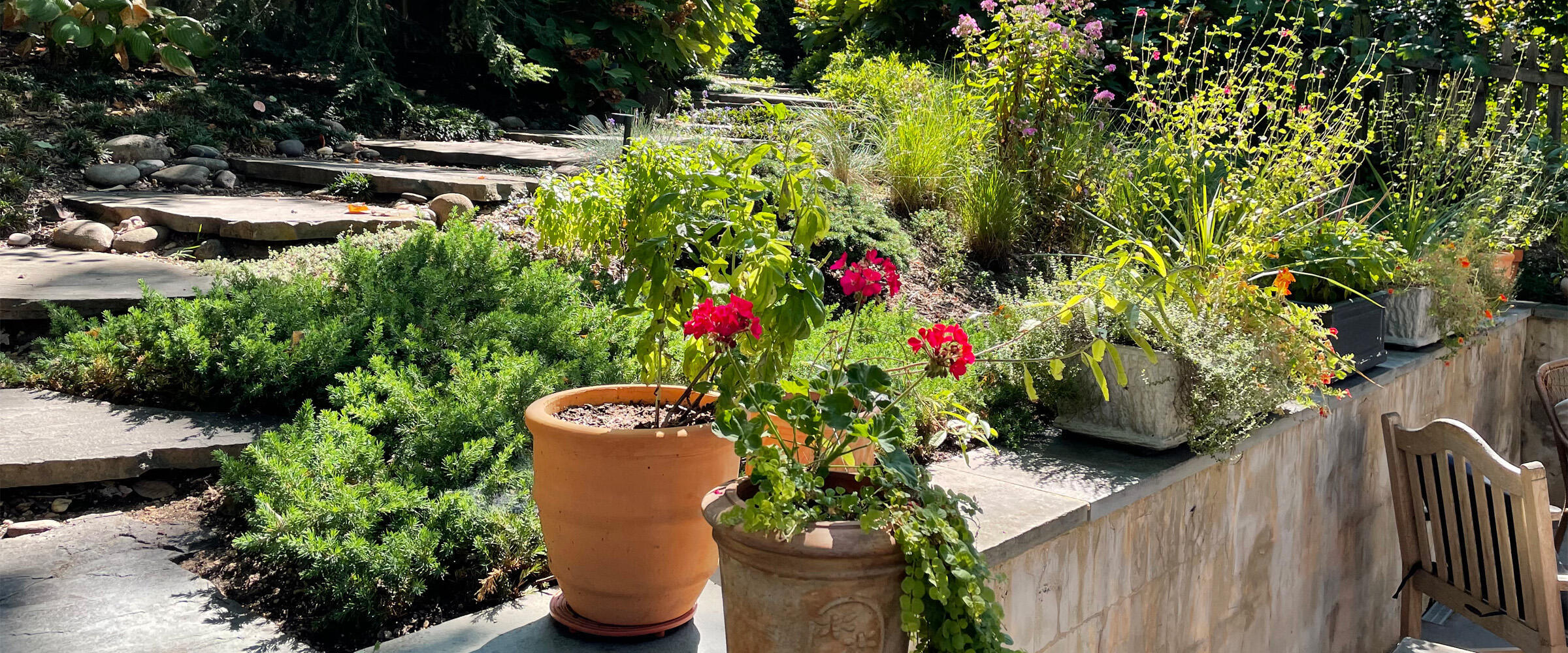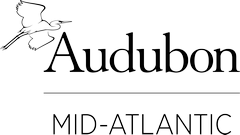Audubon is a leader in creating and sustaining bird-friendly habitat that supports residential and migratory birds by providing food, water, shelter, and safe space to raise their young. These green spaces benefit people as well by decreasing urban heat island effects, absorbing stormwater runoff, and removing excess carbon from our atmosphere. This can be accomplished at any scale, from small window boxes and pots to expansive public spaces. Creating bird-friendly habitat can be a fun and fulfilling exercise for you, your family, and your community. Outdoor spaces can be transformed into places that can be enjoyed by people and birds through a wide variety of layered habitats that come together as a diverse ecosystem within the city.
We invite you to create bird-friendly habitat around your own home, school, business, and public spaces! Whether you have a backyard or a balcony, a rooftop deck or a window box, or an entire community park, you can follow Audubon’s tips and resources to gain the knowledge and tools needed to plan your own wildlife sanctuary.
Check out the resources below, developed for creating and stewarding bird habitat in the Mid-Atlantic. To discover more native plants in your area, you can also visit Audubon's Native Plants Database, enter your zip code, and click Search. From there, navigate to the Local Resources tab to see whether a habitat recognition program, or other native plants services, exists in your area. You can also get your Plants for Birds sign from National Auduon Society.
Ways to Take Action
1. Volunteer with Audubon to restore native habitat through community planting and stewardship opportunities in local parks and green spaces. Taking part in our Habitat Team is a great way to get started. You can check our calendar for more information.
2. Download our Top 10 Lists of best plants for birds and other resources listed below to get started in designing or enhancing your space for birds.
3. Purchase native plants from area nurseries (see downloadable list below).
4. Attend one of our free Wildlife Gardening Workshops! We offer free in-person and virtual workshops for people of all experience levels looking to learn practical tips and tools for gardening with native plants. Check our calendar for upcoming events!
5. Apply for Audubon bird-friendly habitat recognition for your home, school, business, or community garden, so you can spread the word to your neighbors! You can also visit Audubon's Native Plants Database, enter your zip code, and click Search. From there, navigate to the Local Resources tab to see whether a habitat recognition program, or other native plants services, exists in your area.
How you can help, right now
Donate to Audubon
Help secure the future for birds at risk from climate change, habitat loss and other threats. Your support will power our science, education, advocacy and on-the-ground conservation efforts.
Become a Monthly Donor
Donating monthly is flexible, easy and convenient and makes you a champion birds can count on, no matter the season
Birds Need You!
Get involved in helping to preserve our birds and their habitats today. There is something for everyone!





